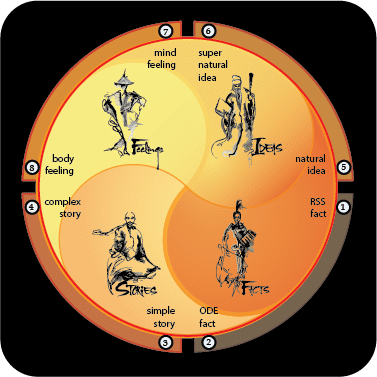Is Statistical Significance an Idea Whose Time Has Passed?
Ah, Dennis, what a brilliant question. Thank you for asking me to respond. To begin with, I think it’s actually your second possibility that nails it: That statistics, as an idea, has never properly been understood. My evidence? Read the original book on statistics, Jacob Bernoulli’s 1713 book, Ars Conjectandi (The Art of Conjecturing). In this book, Bernoulli (the man from whom we get the accounting cliche, “the bottom line”) warns against treating stochastic conjectures (statistics) as equal to evidence-based truth.
Unfortunately, it seems, statisticians aren’t required to read (or get taught to ignore) this advice from the founder of their craft. To be fair, in my work as a personality theorist, “certainty and prediction” comprise the fourth motive in human nature, only coming after [1] avoiding pain, [2] gaining love, and [3] becoming numb if you can’t do those two things.
This means, certainty and prediction IS how we try to know which of these things things we’ll need to attend to. Predict pain and avoid it. Predict love and get it. Predict getting neither of those two things and get numb.
Finally, were you to read Bernoulli’s book, I believe you’d find it amazingly readable, even today. Moreover, he makes such a good case for the value of statistics that I doubt anyone reading it would disagree. But to do this, he makes clear distinctions between when and when not to use statistics.
My point?
The time for statistics will never be over. Properly used, it will always potentially add to what we know about our world and ourselves. Ironically, used improperly, statistics becomes one of the more insidious forms of lying. And in the era of “fake” everything, truth has become more valuable than ever.
